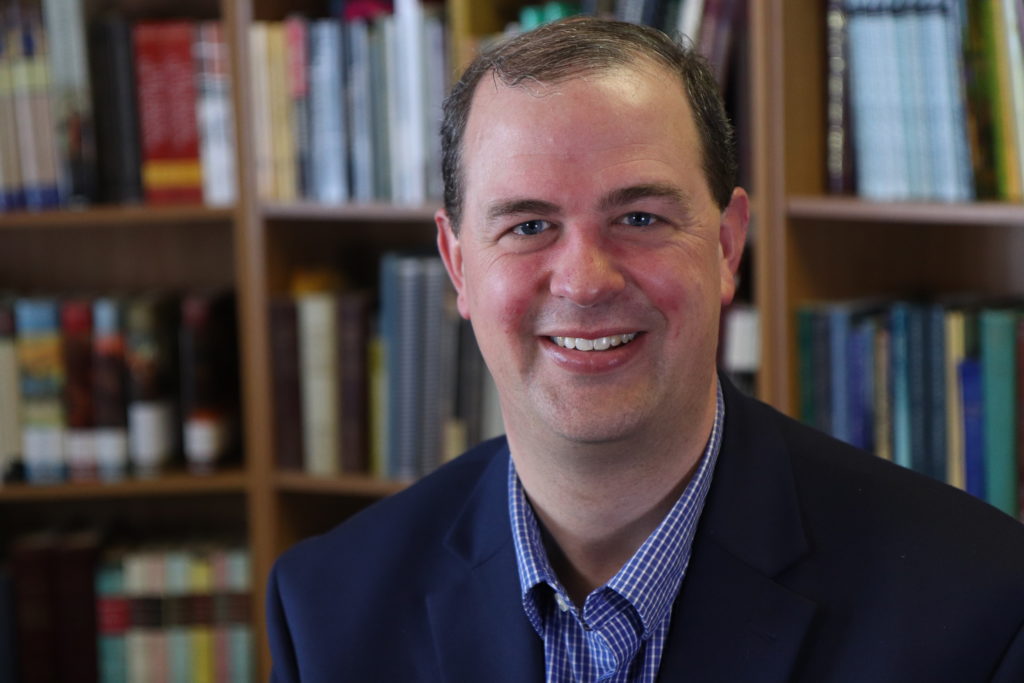I’m always surprised by the strong opinions I hear from some in Higher Education against learning outcomes for college classes. Some argue that learning outcomes impinge upon a professor’s academic freedom. I recently saw an article in a Religious Studies journal published in this vein arguing that the implicit value system of learning outcomes reinforces academic capitalism. Further, the article argues, we should avoid learning outcomes because they obscure “unquantifiable and highly complex aspects of education.”
So what are learning outcomes? I argue that at their core,
- Learning outcomes are the thesis of a course.
- Learning assessments provide the evidence for the thesis.
- Learning activities prepare students to provide evidence of learning by means of the assessments.
No academic professional in their right mind and seeking to project an image of professionalism would ever dare to try to publish an academic article that was devoid of a thesis or that lacked evidence for such a thesis. Then why it defensible to avoid providing a thesis and evidence for learning in a course? If the expectation is that professors can create theses and evidence for their scholarship, why can’t they create theses with relevant evidence for the courses they teach?
No professor would complain that their academic freedom was impinged by the expectations that they must provide a thesis and relevant evidence in order to publish their scholarship. Don’t they realize that teaching and learning are forms of scholarship?
What is so heinous about learning outcomes?
I find it entirely indefensible that someone would claim that learning outcomes are problematic because they obscure “unquantifiable and highly complex aspects of education.” The logic does not hold. Would I submit an article to a journal and say to the peer reviewers in expectation that they’d accept my article, “My theory is so brilliant, so nuanced, and so highly complex that to provide a thesis and evidence for my argument would hide the very beauty and complexity of my ideas!”? No. No academic journal of any consequence would accept such thinking! Such lack of logic is stunning, especially when it comes from people in Higher Education who claim to be logical critical thinkers. It simply reinforces the view that teaching is a distraction to the “true purpose” of Higher Education and that anyone can teach as long as they know the subject matter. I disagree.
Furthermore, arguing that we should avoid learning outcomes because they obscure “unquantifiable and highly complex aspects of education” implicitly assumes that we cannot properly define or measure learning. Well, if that is true, how do you really know anyone is learning? If we really can’t measure learning, then why would we pay anybody to teach? I mean, if we don’t really know if someone has learned or not, or what they have learned, then no matter what we do, the outcome would be the same. Hence, why need learning outcomes since we have no idea what the consequences will be (good or bad) of our teaching. Claiming that we should avoid learning outcomes because we can’t measure learning is just plain wrong and lazy. The fact is, we can measure learning. Furthermore, all the research demonstrates that when good course design is used, student performance improves. That is, if a course has clear learning outcomes (theses) with assessments that are properly aligned to those theses so that valid evidence is provided to underscore those outcomes, learning not only happens, but soars.
If a professor’s teaching is worth anything at all, they have nothing to fear from learning outcomes. But just as a scholar who submits shoddy scholarship for publication should rightly fear rejection by academic journals, so too, if a professor is not creating significant learning experiences for the students, then perhaps they do have reason to be concerned if they are asked to produce learning outcomes, and associated learning evidences for their courses.





